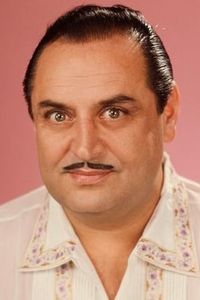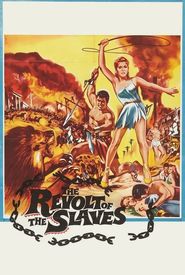David Arugete, professionally renowned as Darío Moreno, was a multifaceted and exceptionally gifted Turkish-Jewish artist, whose impressive repertoire encompassed singing, composing, lyricism, and masterful guitar playing.
Born on April 3, 1921, he embarked on a remarkable journey to stardom in France, during the 1950s and 1960s, leaving an indelible mark on the music scene.
One of his most iconic and enduring achievements was the 1961 hit song "Brigitte Bardot", which catapulted him to widespread recognition and cemented his status as a musical icon of the era.
The life of Darío Moreno, a man whose existence was forever marked by the shroud of tragedy, began in a large and loving Jewish family, replete with the sounds of laughter and the warmth of familial bonds. However, the trajectory of his life took a devastating turn when his father, a pillar of strength and guidance, was brutally slain under circumstances that would forever remain shrouded in mystery. This senseless act of violence left his mother, a woman of unwavering resilience, to assume the daunting responsibility of caring for her young son.
As a consequence of this cataclysmic event, Darío Moreno was forced to confront the harsh realities of his new circumstances, and at the tender age of four, he was uprooted from his family and placed in the Sephardic orphanage in Izmir, a place that would serve as his temporary refuge from the turmoil that had beset his life.
Despite the challenges he initially faced, Darío Moreno remained resolute in his pursuit of knowledge, and his unwavering dedication to his education led him to enroll in Jewish educational institutions in Izmir, where he was forced to supplement his income by taking on various odd jobs to support himself.
In his spare time, he discovered a passion for music and, largely through self-study, learned to play the guitar with remarkable skill. His newfound talent soon found an outlet in the form of singing at Bar Mitzva celebrations, where his melodious voice and charismatic stage presence undoubtedly left a lasting impression on all who had the pleasure of hearing him perform.
As Darío Moreno entered his early twenties, he had already established himself as a prominent and celebrated vocalist within the confines of Izmir, with a strong affinity for the Jewish community, where his talents had garnered widespread recognition.
Throughout his tenure in the Turkish Army, Moreno seized the opportunity to refine his remarkable singing abilities, showcasing his exceptional talent to a diverse array of officers stationed in various garrisons across the country.
Following his military discharge, Darío Moreno embarked on a professional music career, leveraging the connections he forged during his service to establish a strong foundation in his hometown. As his musical endeavors gained momentum, he relocated to the upscale Jewish quarter of Karataş, where he resided in a house situated on Dario Moreno Street, a location that would later be renamed in his esteemed honor.
Darío Moreno, a flamboyant and energetic individual, met an untimely demise at the tender age of 47, a tragic consequence of his frenetic personality. The circumstances surrounding his death were particularly poignant, as he succumbed to a heart attack following a heated altercation with airport personnel at Atatürk Airport in Istanbul, Turkey. The dispute in question arose when the airport staff refused to permit him to board a flight to Paris, where he was scheduled to perform a concert.
Despite his expressed desire to be interred in his hometown of İzmir, Turkey, as stipulated in his will, Darío Moreno's final resting place was ultimately Holon, Israel, where his mother, Madam Roza, chose to lay him to rest.



























